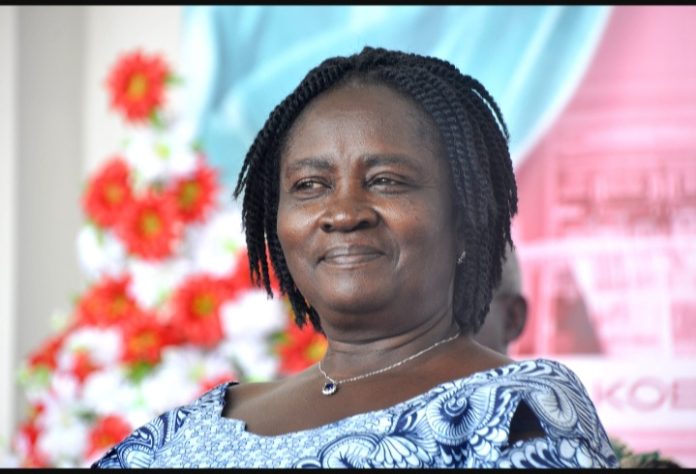Author: Don Willie Beeko
In a landmark moment for Ghanaian politics, the opposition National Democratic Congress (NDC) appears poised for victory in the 2024 December 7th Presidential and Parliamentary Elections.
Provisional results point towards a landslide win for former President John Dramani Mahama and his running mate, Prof. Jane Naana Opoku-Agyemang. Should these results hold, Prof. Opoku-Agyemang will etch her name into history as Ghana’s first elected female Vice-President, symbolizing a significant milestone in the nation’s political evolution.
The implications of this development transcend the realm of politics, as it signals a profound shift in Ghana’s socio-political landscape.
For decades, Ghana’s political leadership has been dominated by men, with women playing largely supportive roles.
Prof. Opoku-Agyemang’s ascendancy represents a watershed moment that challenges these historical norms and opens the door for greater gender inclusivity in governance.
The Symbolism of Leadership
Prof. Opoku-Agyemang’s potential achievement cannot be understated. Her candidacy as a vice-presidential nominee already broke significant barriers, showcasing the NDC’s willingness to embrace progressive ideals.
A former Minister of Education and the first female Vice-Chancellor of a public university in Ghana, she brings a wealth of experience, intellectual rigor, and a commitment to public service.
Her election would serve as a beacon of inspiration for countless Ghanaian women and girls, proving that gender is not a limitation to achieving the highest echelons of political office.
Political Implications for the NDC
The NDC’s decision to select Prof. Opoku-Agyemang as its vice-presidential candidate was a calculated move to appeal to a broader demographic, particularly women and youth.
Her reputation for integrity and her academic achievements have bolstered the party’s image, countering criticisms of corruption and inefficiency that have occasionally plagued its leadership.
With her at the helm alongside Mahama, the NDC has successfully positioned itself as a party of inclusivity and progress.
A win for the Mahama-Opoku-Agyemang ticket would also reframe the narrative surrounding gender roles in Ghanaian politics. It would set a precedent, encouraging other political parties to prioritize gender diversity and create platforms for women to play more significant roles in governance.
Challenges Ahead
While the potential victory is historic, it also comes with challenges. Prof. Opoku-Agyemang’s tenure as Vice-President would be scrutinized intensely, with critics and skeptics eager to evaluate her performance.
Her ability to navigate the political landscape, address pressing national issues, and work in tandem with Mahama will be crucial in determining the success of this groundbreaking administration.
Furthermore, the NDC must demonstrate that this moment is not merely symbolic but marks the beginning of a sustained effort to promote gender equality in leadership.
Concrete policies and initiatives to empower women politically, economically, and socially will be essential to build on this achievement.
A Turning Point for Ghana
Ghana’s democratic credentials have long been a source of pride on the African continent.
The potential election of its first female Vice-President underscores the nation’s commitment to progress and inclusivity.
This moment represents an opportunity for Ghana to set an example for other African nations, proving that the inclusion of women in high office enriches governance and strengthens democracy.
As the world watches the unfolding results, Prof. Jane Naana Opoku-Agyemang’s rise serves as a reminder of the power of representation and the importance of breaking barriers.
Should she take office, her journey will not only reshape Ghanaian politics but will also inspire a new generation of leaders committed to equity, justice, and progress.








































